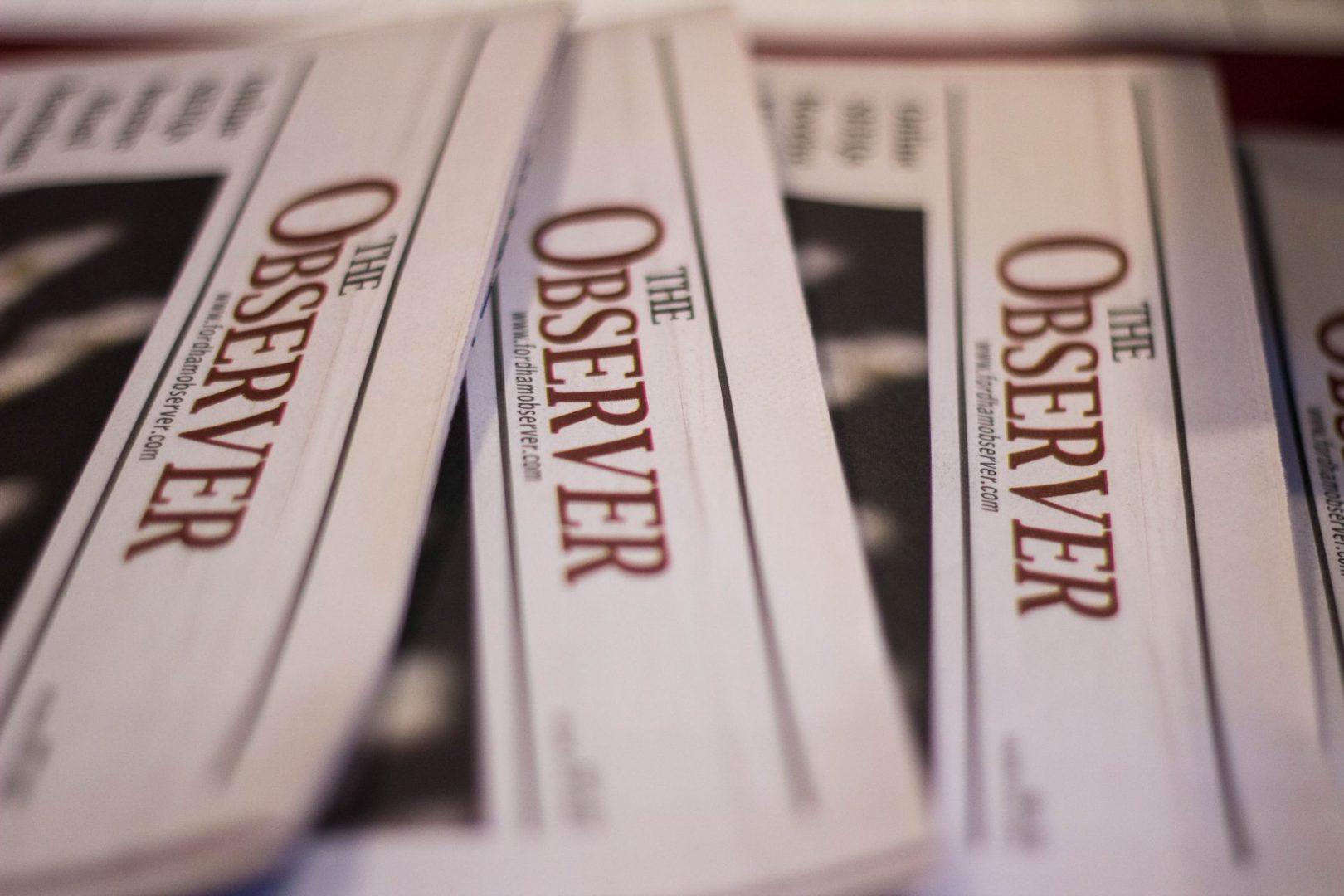Staff Editorial: Know the Faces of the Administration
September 19, 2019
When students discuss the new faces at Fordham, thoughts almost automatically go to the Class of 2023, which has just begun to acclimate to the university and participate in campus life. Rarely do new faces on the administrative level come to mind, and even if they do, it is as an afterthought in the wider context of Lincoln Center.
This mental shortcut obscures the true nature of the people and the bureaucracies that, to a very real degree, direct and shape the world around us — from the freshest student worker in the Office of Residential Life to the Rev. Joseph M. McShane, S.J., himself.
Our administration is not a faceless monolith, and their roles and politics matter.
Some newer members of the administration have front-facing roles, such as the academic dean of Fordham College at Lincoln Center, Dr. Laura Auricchio, and Chief Diversity Officer Rafael Zapata. However, others, such as the eight new members of the Board of Trustees, the departing Assistant Dean and Director of Academic Advising Joseph Desciak and the retiring former General Counsel Elaine Crosson have received far less attention.
For most, it’s easy to lose sight of the impact that the administration has on daily student life, lost in the noise created by classes, clubs and career searches.
However, it is detrimental for students to think of Fordham faculty and staff as “the administration,” an amorphous entity that occasionally creates policies, procedures and problems for its students.
Tenure-track faculty, adjunct professors and low-, middle- and top-level administrators all have their own domains, interests and struggles, affecting each and every student at Fordham.
There’s a lot going on behind the scenes. If you’re a senior, maybe you were there when Fordham’s faculty announced their vote of no confidence in McShane. Maybe one of your professors has voiced concerns in class about tenure, adjunct pay, employee benefits and more. Maybe you’ve heard of the department-by-department movement to allow students to go by their preferred names and pronouns that has swept Fordham Lincoln Center over the past year.
Or perhaps you haven’t.
Struggles like these are still ongoing. Behind the doors we pass on our way to class, the future of the university we attend is being shaped in offices, search committees and faculty break rooms. These are changes that students often know little or nothing about due to their unpublicized and seemingly routine nature.
Those low- and middle-level representatives of Fordham are the faces you see in the halls every day. It’s these individuals who create the world we live in, who have championed or stymied recent initiatives for preferred pronouns or inclusive restrooms and housing, who decide which clubs are funded and how much they receive, who create class schedules and keep Fordham running.
It’s easy to think of Fordham employees in abstraction, but we come face-to-face with the individuals we generalize every day — in club appeals, disciplinary hearings, 10 a.m. philosophy classes and the package room line. We have as much stake in the workings of Fordham University as any employee, and as such we can only benefit by engaging more with our campus community. By helping each other rather than working in isolation, students, faculty and administrators alike can accomplish so much more.










